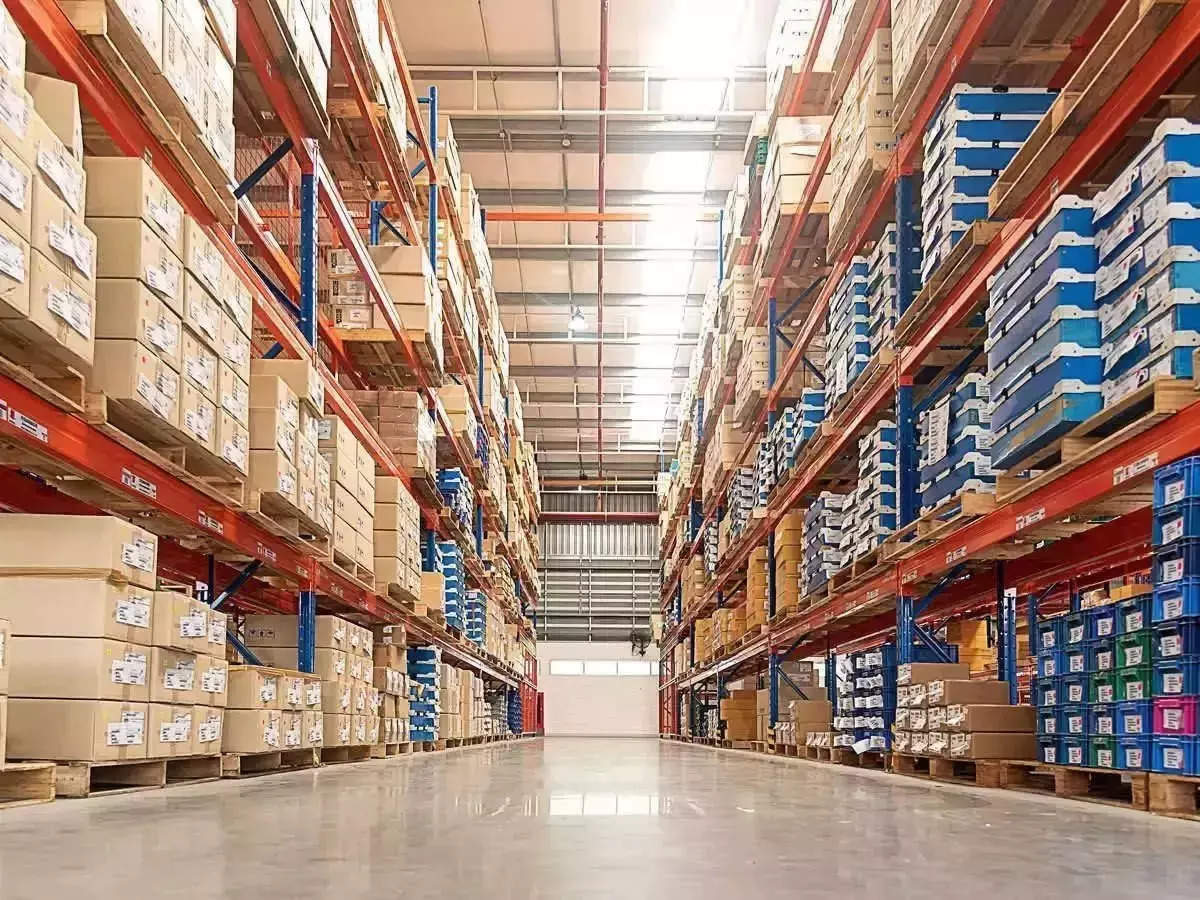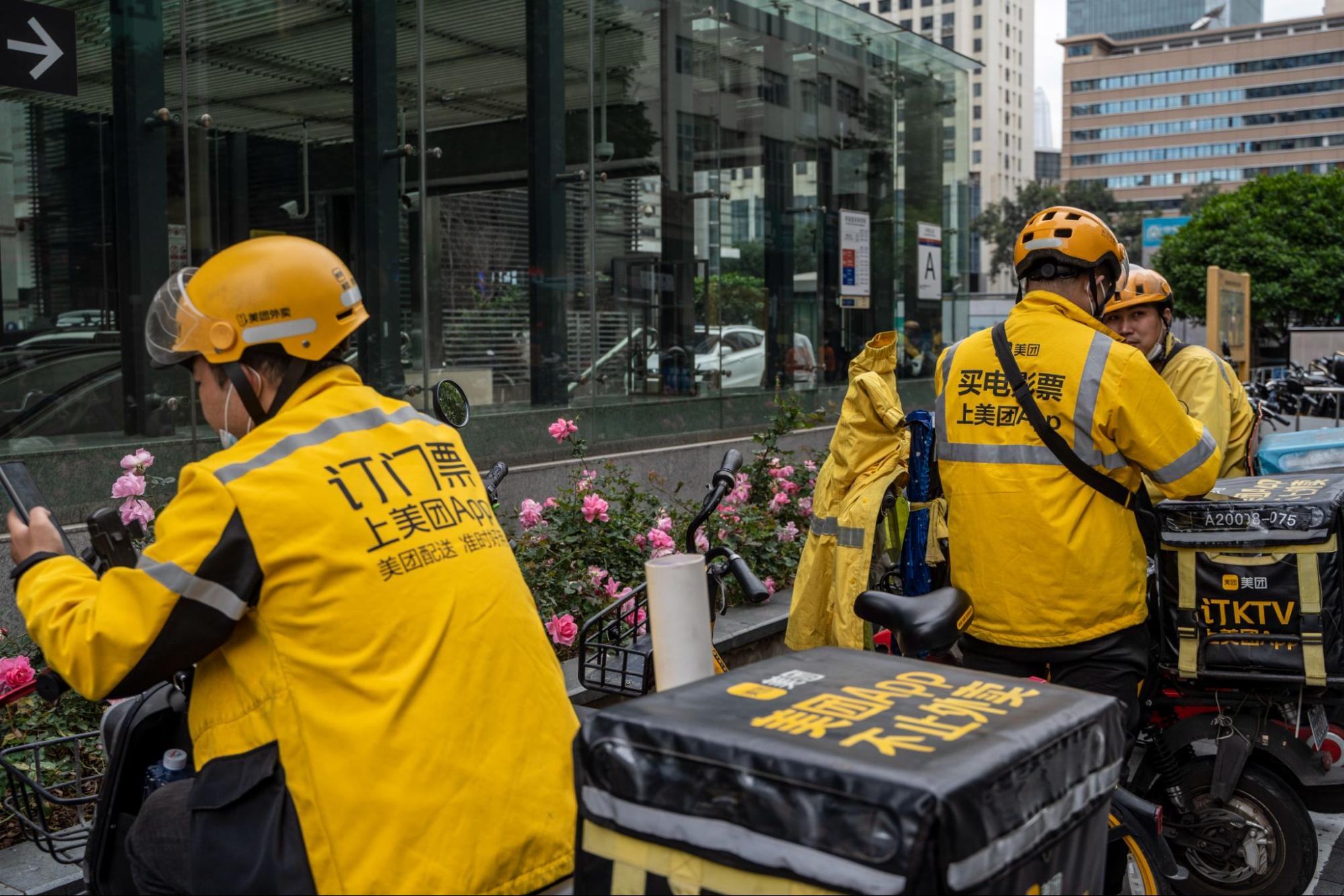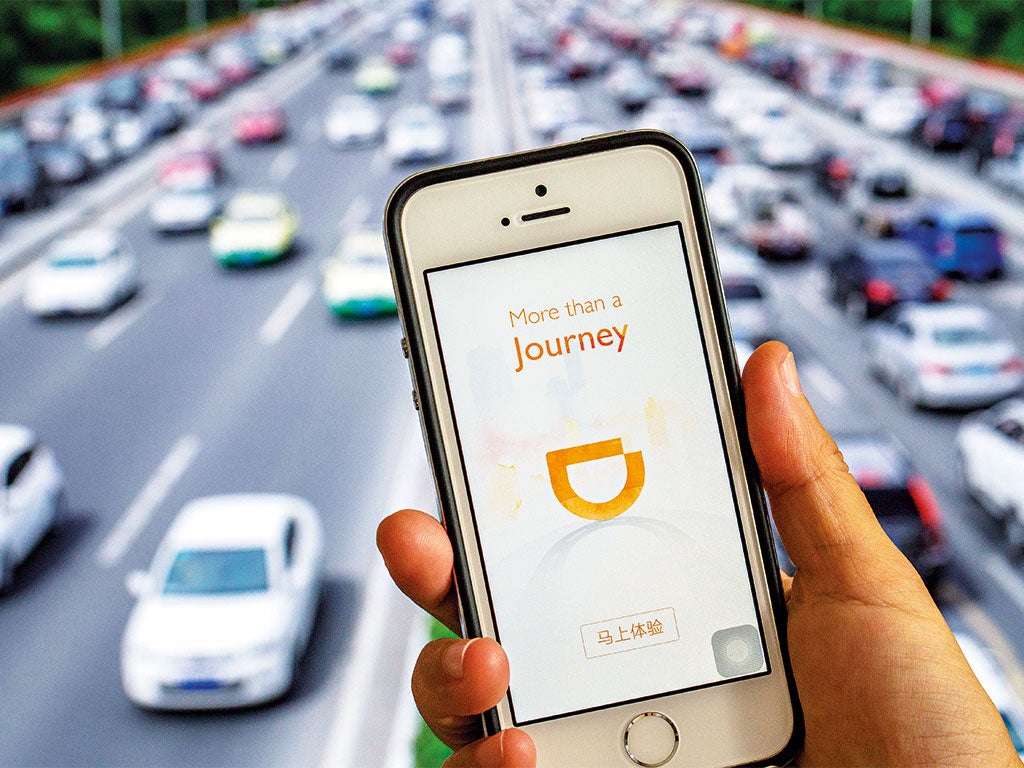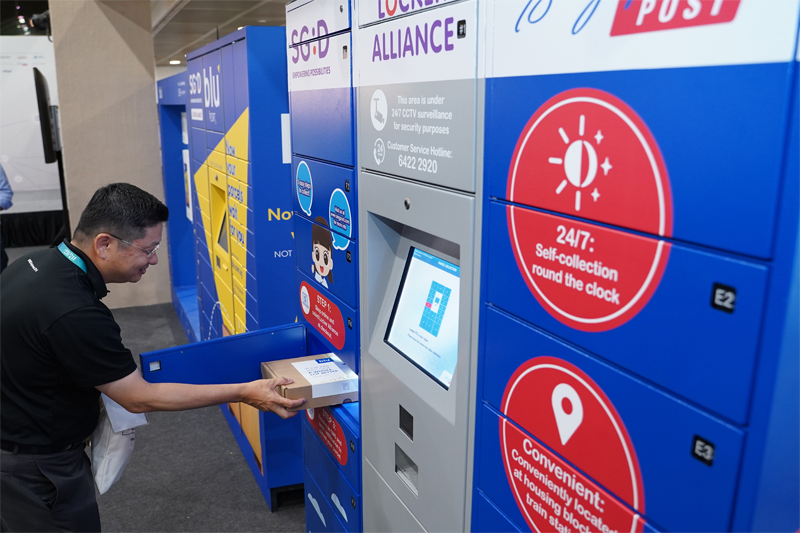In luxury hospitality, the pursuit of perfection has become the norm. This has pushed luxury hotels to go above and beyond, serving their guests to the maximum of their abilities. Over the years, luxury hotels like MBS have started offering their guests premium chauffeur-driven experience, offering direct transportation to and from the airport and major city destinations in a limousine of their choosing. Over the past few years, this service has gained in popularity, becoming an integral component of the luxury hospitality experience.
Luxury hotels often need to operate a comprehensive fleet of both in-house and outsourced limousines, available 24/7, to accommodate their guests’ needs. Recognizing that these limousine services often represent the initial interaction with guests, it’s crucial for luxury hotels like MBS to ensure a seamless and impressive first impression.
To address the fluctuating demands of customers, high-end hotels traditionally maintain a surplus of standby vehicles. While this strategy aims to guarantee availability, it frequently results in operational inefficiencies and resource wastage, as many of these vehicles remain unused for extended periods. Addressing this challenge is vital, not only for enhancing service efficiency but also for reducing operational costs and boosting hotel profitability. Consequently, striking an optimal balance between the supply of limousines and guest demand becomes a critical aspect of efficient luxury hotel management.
Historically, hotels’ limousine booking systems were manual, leading to several inefficiencies. These systems often featured inconsistent billing practices across the fleet and lacked standardized reporting protocols. Additionally, the complexity of vendor invoicing, which entailed separate billings for different departments, frequently resulted in substantial billing inaccuracies. These inaccuracies included issues like double charges and incorrect allocation of charges to departments. Such unresolved discrepancies in invoicing not only led to delayed payments but also underscored the critical need for a more streamlined approach.
These challenges have illuminated the necessity for an integrated and automated system. By adopting digitalization, hotels can significantly enhance operational efficiency and resource management. This shift towards digitalization aims to address the existing shortcomings by streamlining processes, ensuring accurate billing, and facilitating timely payments, thereby optimizing the overall management of limousine services. By digitalizing limousine service management, hotels will be able to improve their operations.
Some of these improvements include accurate forecasting of demand, sufficient and proper deployment of limousines subject to operational constraints, and continuous reporting and monitoring of operations. To do this, a combination of statistical tools, spreadsheet optimization and data analytics is used to support operations.

Marina Bay Sands Developed an in-house forecasting solution for the limousines it provides its guests. The Hotel is now better able to eliminate waste by renting cars only when needed and scheduling drivers more accurately
BT, Nov 29, 2017.
In their study “Limousine Service Management: Capacity Planning with Predictive Analytics and Optimization,” Liu et al. present an innovative method that leverages open-source technologies to optimize the utilization of limousines for a high-end hotel in Singapore, aiming to minimize operational costs. The research team introduces a sophisticated, data-driven approach for forecasting limousine demand and efficiently scheduling shifts. This involves advanced time series analysis for accurately predicting limousine demand hourly. Additionally, they employ a column generation routine, a cutting-edge technique, to automate the creation of driver schedules and assignments. This approach not only streamlines the scheduling process but also provides insightful strategies for managing limousine services more effectively. This low-cost decision support system is built entirely on open-source software with optimization performed in excel solver and resulted in several millions of savings for the company each year!
The Decision Support System (DSS) implemented in limousine service management empowers managers with the ability to closely monitor crucial metrics, including daily and month-to-date productivity, service levels, and costs. By analyzing these metrics, managers can make more informed and efficient decisions regarding the deployment of limousines. A key feature of this system is its complete automation, which enables the generation of reports at regular intervals, specifically every three hours. This frequent reporting ensures that managers have up-to-date information at their fingertips. Additionally, the system includes an intelligent bot as part of its automation framework. This bot goes beyond mere reporting; it analyzes the data and provides actionable recommendations, further aiding managers in making strategic decisions to optimize limousine service operations.
In conclusion, the integration of predictive analytics and optimization tools in limousine service management represents an innovative step for luxury hotels. By embracing technological advancements and moving beyond traditional forecasting methods, hotels can not only enhance the guest experience but also achieve greater operational efficiency which results in cost savings. The success story of Liu et al.’s approach stands as a testament to the positive impact of digitalization and optimization, offering a framework for luxury hotels worldwide to refine their chauffeur-driven services.




